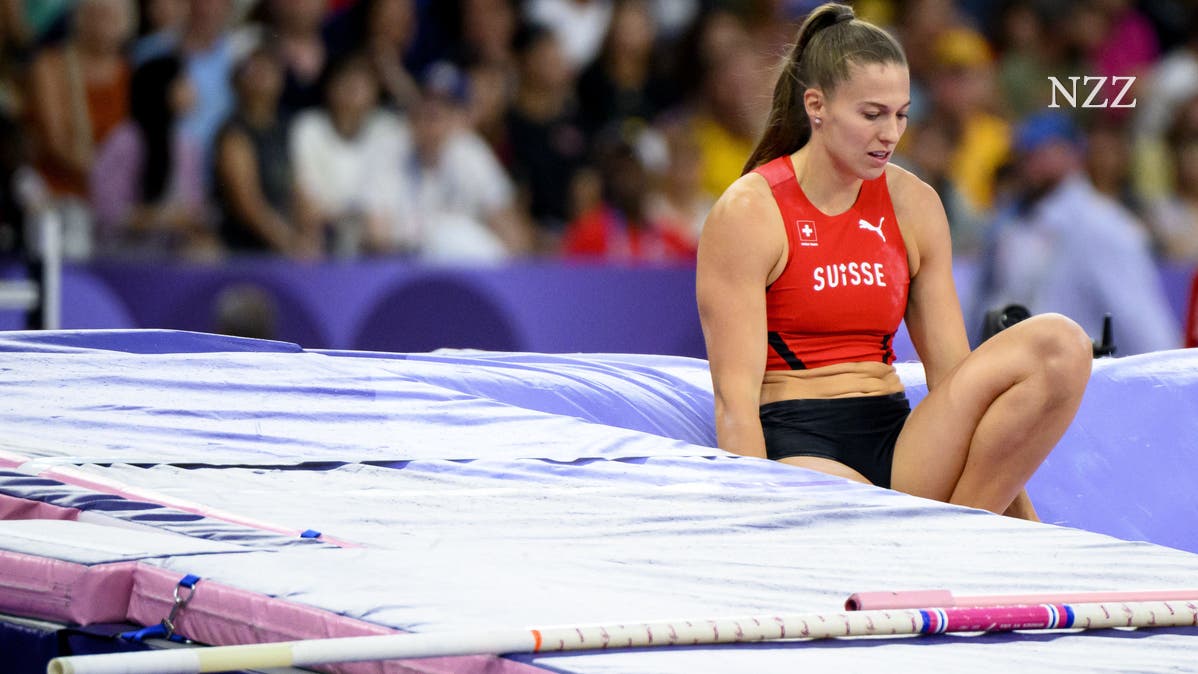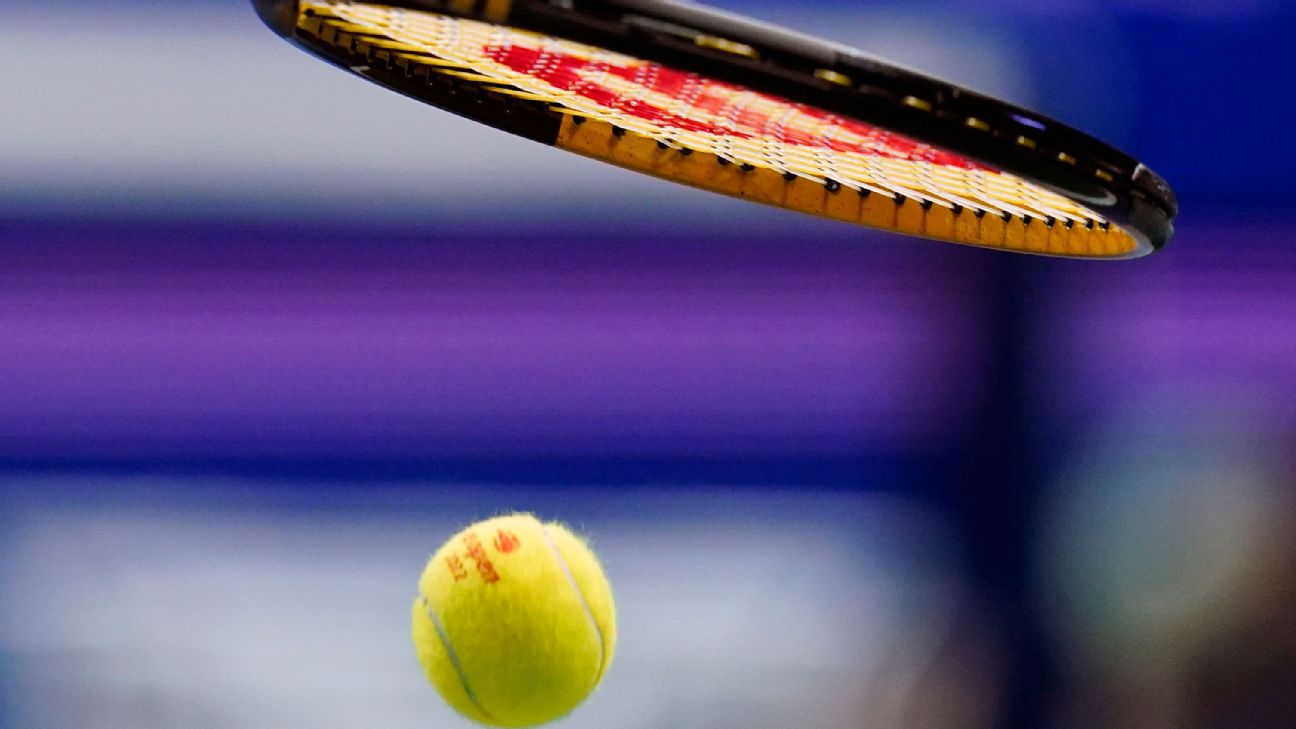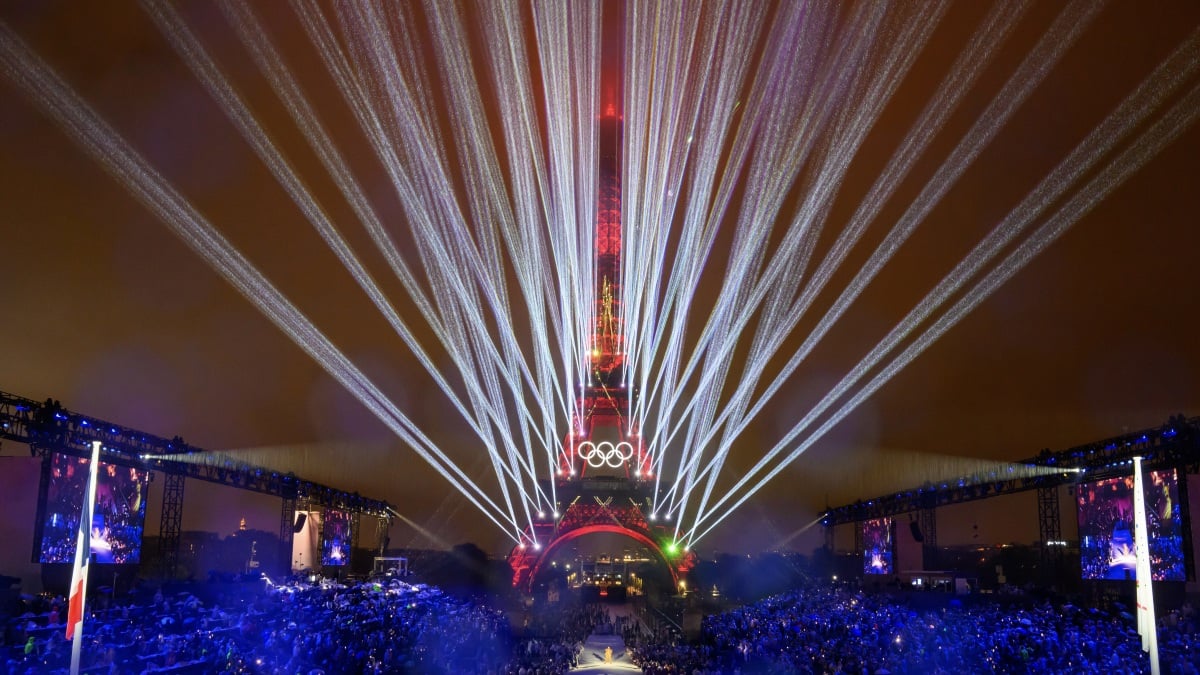Medals Just Out of Reach: Angelica Moser Finishes Fourth in Pole Vault
Angelica Moser showcased her second-best performance of her career in the Olympic final, clearing 4.80 meters, but still missed out on a podium finish. Gold went to Australian athlete Nina Kennedy with a jump of 4.90 meters.
A Journey of Triumphs and Trials
At first glance, track and field appears to be a straightforward sport. If you fail, you simply must run faster, jump higher, or throw further. However, this “faster, higher, further” mantra is quite complex. Adding another layer of complexity, it’s not just about training muscles and timing; mental resilience is equally crucial.
Angelica Moser has experienced this challenge throughout her career. Once known as the “flying princess” who transitioned from gymnastics to pole vaulting, she dominated her age group, winning international titles in every category: Olympic Youth Games (2014), Junior European Championships (2015), Junior World Championships (2016), and European U23 Championships (2017 and 2019).
The transition to senior competition is rarely smooth, as athletes face older, more experienced competitors and must find their footing. For Moser, this transition coincided with the COVID-19 pandemic and the retirement of her longtime coach, Herbert Czingon. However, she faced a different battle that was unknown to even her family – an eating disorder.
Moser publicly addressed her struggles in the fall of 2020, after seeking help from a therapist. She admitted to secret binge eating and overindulgence after competitions. According to an interview with the NZZ am Sonntag, she said, “If I didn’t have anything left to eat at home, I would get anxious. I would look for anything. I would say that’s a sign of addiction.”
In the realm of sports, particularly for pole vaulters who must overcome gravity, the topic of weight is sensitive. Moser explained that discussions about her weight were misconstrued. “Sometimes after those talks, I would go home and have an eating binge.” Upon recognizing the problem, she sought professional help and regained healthy eating habits within half a year.
Mental Fortitude and the Return to Form
In the fall of 2020, as the pandemic restrictions eased and Moser found a new coach in France, she reclaimed her glory. At the European Indoor Championships in Torun, she soared to a new personal best of 4.75 meters, showcasing her ability to deliver exceptional performances when it matters most.
However, the summer of 2021 brought new mental challenges. In the lead-up to the Tokyo Olympics, she sustained two injuries, resulting in her missing out on the final. Upon her return from Japan, a training accident left her with multiple upper-body injuries and in the hospital. When asked by the NZZ about her return to jumping, Moser recalled the doctor’s response: “Be grateful you can still walk.” In 2015, Austrian athlete Kira Grünberg fell from a height of four meters onto the metal frame of the pole vault landing pit, leaving her paralyzed.
Moser returned to the sport and resumed jumping, but the 2022 season was marked by self-doubt and injuries. Seeking a mental reset, she turned to a new coach, Adrian Rothenbühler, who had guided Mujinga Kambundji to 200-meter bronze at the 2019 World Championships and was recognized as Swiss Coach of the Year.
Success Restored and a Personal Best
Beyond being a sprint coach, Rothenbühler is a former decathlete with a deep understanding of track and field in all its disciplines. Notably, he is also an expert in strength training, which he has applied in various sports, including mountain biking and wrestling.
Crucially, Rothenbühler has an intuitive grasp of mental well-being. He acknowledged to the NZZ, “I told Angelica that I could make her stronger and faster. But if the mental foundation is missing, it’s all for nothing.” With the support of professionals, Moser regained her balance and rediscovered the ease she had once displayed.
In August 2023, Moser soared to gold at the World University Games. Shortly after, she exceeded 4.75 meters for the first time since 2021 at the World Championships in Budapest, placing fifth. This year, she focused on consistently clearing heights around 4.70 meters, delivering a strong performance at the Rabat Diamond League meeting in May.
As is often the case with Angelica Moser, when medals are on the line, she finds a way to elevate her performance. At the European Athletics Championships in Rome, she set a personal best of 4.78 meters, earning the European title and equaling the Swiss record. In mid-July, she raised the bar even higher with a jump of 4.88 meters.



